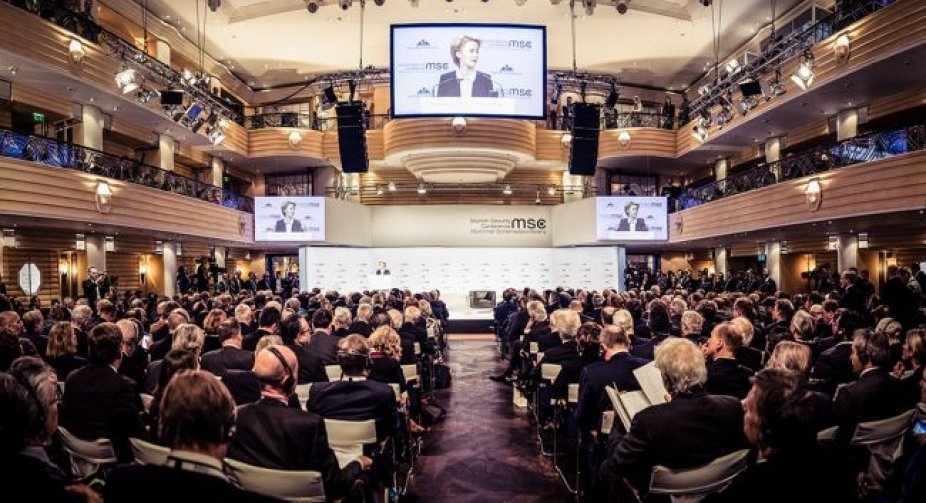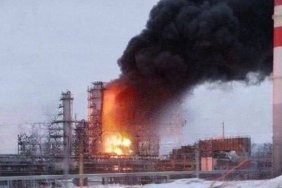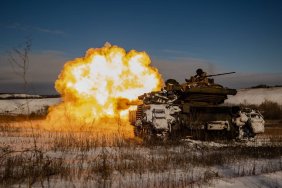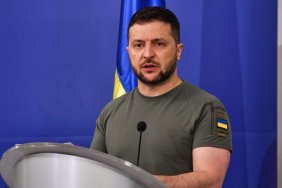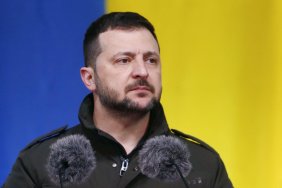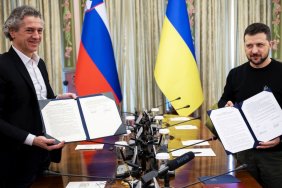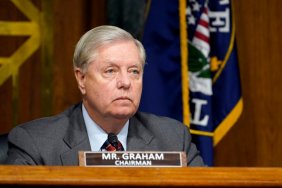The 58th Munich Security Conference (MSC) began this year at its usual venue, the Bayerischer Hof Hotel.
For the first time in two years, the conference will be held in person and will be attended by, among others:
German Chancellor Olaf Scholz,
NATO Secretary General Jens Stoltenberg,
European Commission President Ursula von der Leyen,
British Prime Minister Boris Johnson,
French President Emmanuel Macron
U.S. Vice President Kamala Harris,
And also about 35 other heads of state and government.
The central theme will be the security situation around Ukraine. This is evident from the conference agenda.
The President of Ukraine was invited to address the Munich conference. As it is stated in the program of the event, Volodymyr Zelensky's statement and the discussion with him are planned for Saturday, February 19, 16.30-17.00 (Kiev time).
The discussion, titled "Permacrisis in Europe: Ukraine and European Security," will be moderated by CNN London's leading international journalist Christiane Amanpour.
Zelensky is also expected to meet Saturday afternoon with U.S. Vice President Kamala Harris on the sidelines of the conference.
Russian President Vladimir Putin, who was also invited to Munich, declined to meet. Russian representatives will not attend either, citing the fact that they are not vaccinated against the coronavirus with EU-approved vaccines.
Wolfgang Ischinger, head of the Munich conference, criticized Russia for refusing to participate in this forum. He also called the Kremlin's demands for "security guarantees" "a bit far-fetched.
"I consider it a mistake. Many hundreds of international participants and decision-makers are, of course, very sorry that Russia did not show up here in Munich," Ischinger said.
He suggested that behind the Kremlin's demands to the West there is actually a deeper desire to return to a situation in which Russia would be surrounded by subordinate countries forced to give up "its complete independence," but, as Ischinger noted, "nothing will come of it."
"Here in Munich, we want to come together again to say: every European state should be able to determine its own destiny. And at the same time not to threaten others," the politician said, adding that "no one is threatening Russia," Deutsche Welle reported.
The media also reported that the G7 foreign ministers expect to hold an urgent meeting on the situation around Ukraine "on the margins of the Munich Security Conference" in order to confirm the unified position of the G7 on this issue. It is noted that the agenda of the meeting will include sanctions to be applied against Russia in case of its invasion of Ukraine.
